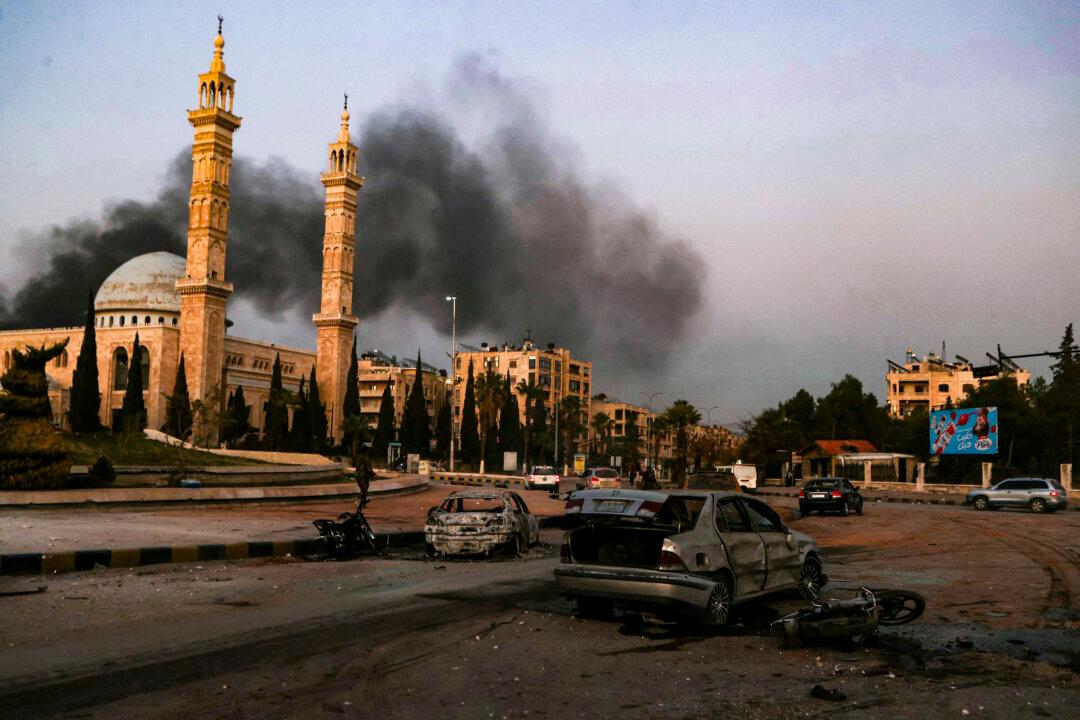Following the collapse of the Syrian regime on Dec. 8, regional and international actors are scrambling to consolidate their positions in a country riven by conflict for more than a decade.
According to experts, the biggest winners are Turkey and Israel—albeit for different reasons—while Russia, Iran, and the latter’s regional allies all appear to have suffered a major blow.





